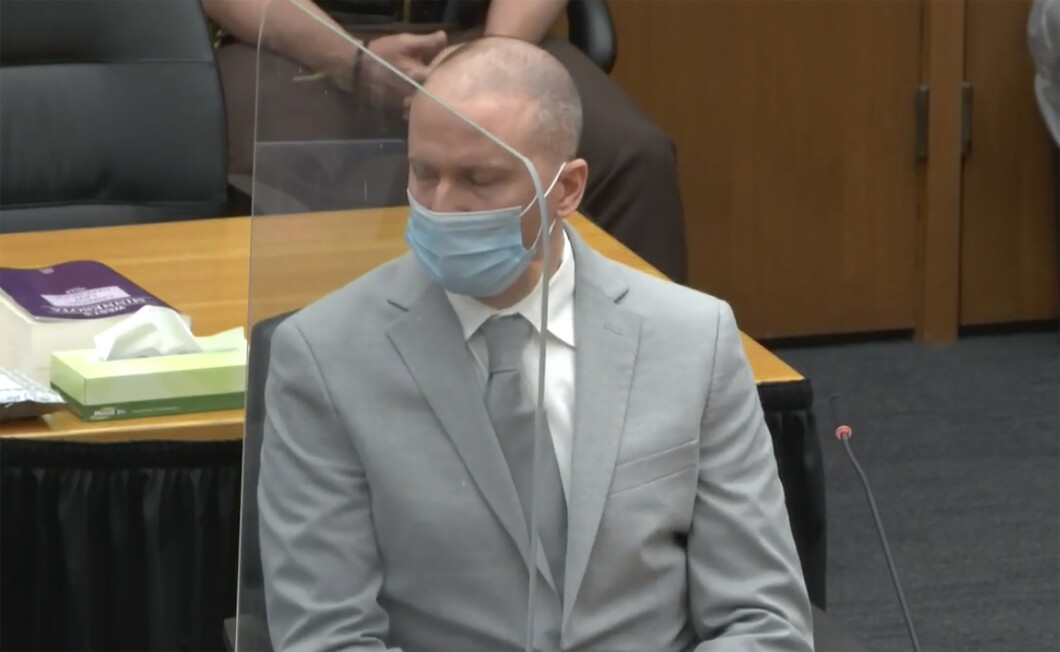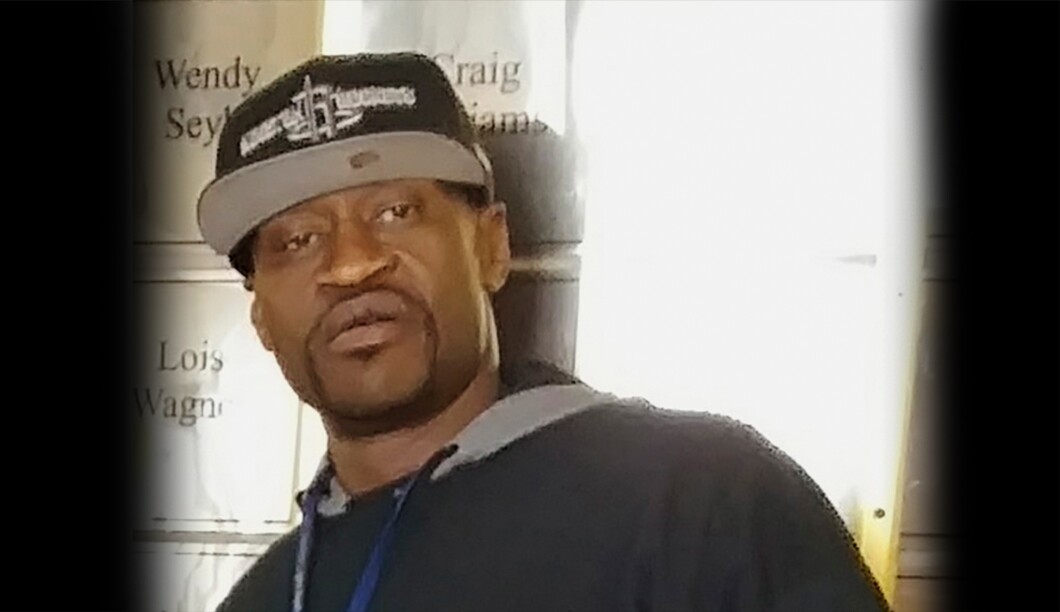
Disgraced ex-police officer Derek Chauvin will be sentenced in federal court Thursday for charges surrounding the death of George Floyd that sparked a nationwide outcry and a summer of protests in 2020.
The former Minneapolis police officer will receive his sentence for violating Floyd‘s civil rights after he agreed to a sentence of 20 to 25 years in his December plea to a federal charge in Floyd’s killing. A May plea agreement, accepted by U.S. District Judge Paul Magnuson, would extend Chauvin’s sentence while potentially relocating him to more favorable conditions in federal prison.
Chauvin’s lawyers asked for 20 years in prison, saying their client accepts responsibility for his actions coupled with already receiving a sentence of 22.5 years in prison from a state court for the murder of Floyd. However, prosecutors want a full 25 years, arguing Chauvin’s actions were cruel and unnecessary.
FEDERAL JUDGE ACCEPTS PLEA DEAL FOR DEREK CHAUVIN IN CIVIL RIGHTS CASE

The former officer’s “remorse will be made apparent to this Court,” defense attorney Eric Nelson wrote on behalf of his client, suggesting Chauvin may speak during the hearing Thursday.
Magnuson will make the final decision and could sentence above or below the 20- to 25-year range. The sentencing is set to begin Thursday at 2 p.m. ET.
Chauvin, 46, made an address to Floyd’s family at his state sentencing hearing in May 2021. An attorney for the Floyd family told a local CBS affiliate that family members would be in court for the sentencing Thursday.
By entering his federal plea, the former officer admitted for the first time that he kept his knee on Floyd’s neck despite Floyd repeating the statement “I can’t breathe” several times before he became unresponsive during the May 2020 arrest.
Chauvin, a white man, pleaded guilty to federal charges in December that he abused his power to violate the civil rights of Floyd, a black man, thereby avoiding a possible life sentence in prison.
During the hearing last year, he addressed the Floyd family and said: “I want to give my condolences to the Floyd family. There is going to be some other information in the future that would be of interest, and I hope things will give you some peace of mind.”
While Chauvin’s plea calls for him to serve the federal sentence at the same time as the state one, rendering him a longer stay behind bars than he would have faced with the state sentence alone, experts say the deal could mean safer conditions in the federal system.
The ex-officer may risk encountering inmates in Minnesota state prison whom he previously arrested or investigated. Although he may be viewed as a former law enforcement officer, a sentence in federal prison may reduce the risk of running into inmates he directly encountered during his career.
Chauvin would also have more allowances to work and participate in programming and chances to move about the facility. By maintaining good credit for time in federal prison, he could serve anywhere from 17 years to 21 1/4 years behind bars if Magnuson upholds the range of the plea agreement.

CLICK HERE TO READ MORE FROM THE WASHINGTON EXAMINER
The video showed Chauvin kneeling on Floyd’s neck for more than nine minutes during an arrest in Minneapolis in May 2020. Floyd repeatedly said he couldn’t breathe before losing consciousness and was later pronounced dead.
The events of that day spurred a wave of protests in Minneapolis and around the country against police brutality and racial inequalities. The three other former officers present during the arrest, Thomas Lane, J. Alexander Kueng, and Tou Thao, were convicted of violating Floyd’s civil rights in February and are awaiting sentencing.







